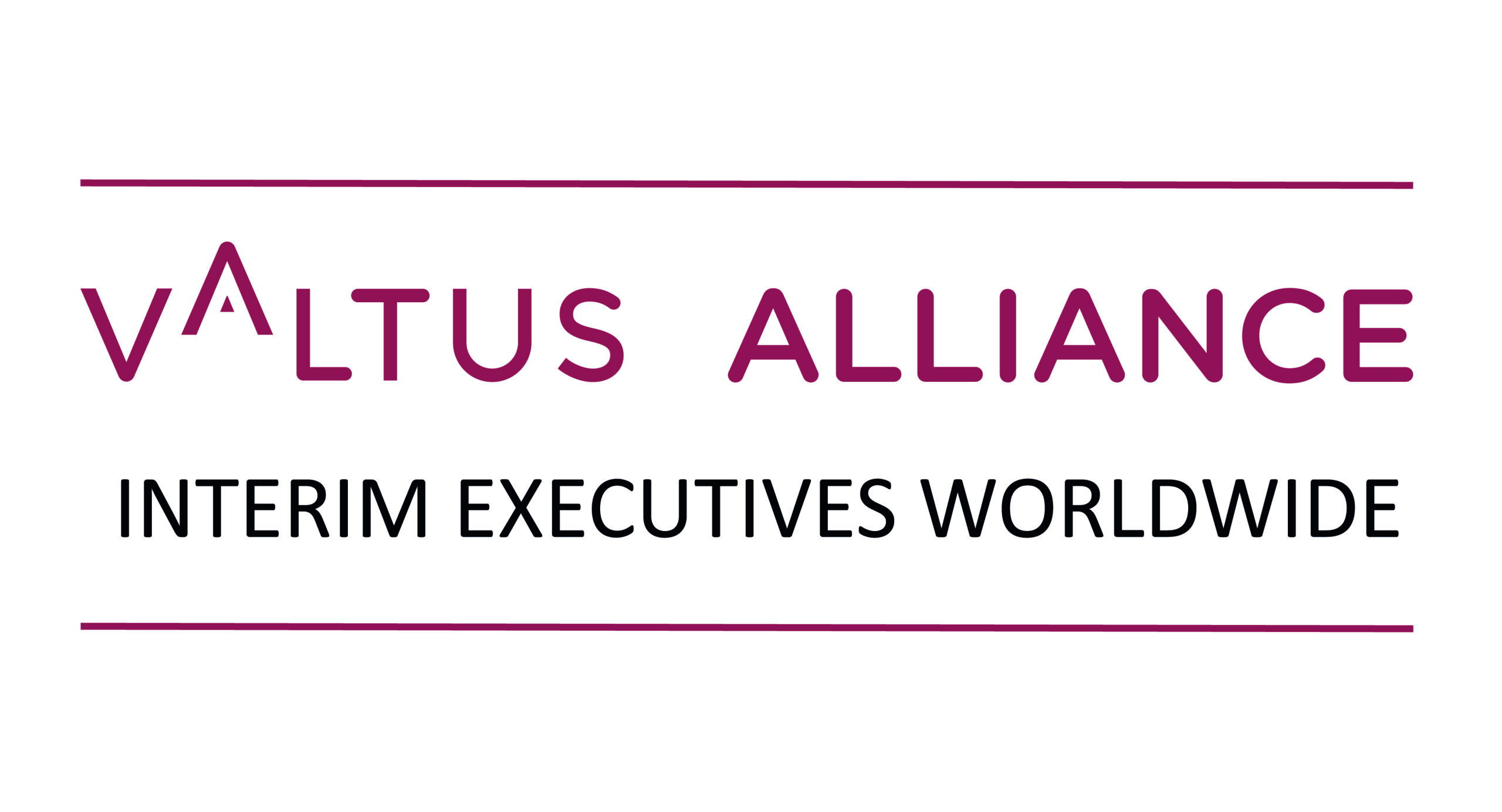Valpeo / Insights / Vertical Development
How our Swiss partners use the VALPEO methodology in academics
June 2, 2023
When doctoral students complete their (usually) four-year research, they must start looking for their next job. There are numerous options: Do they pursue a career in academia, or do they invest their knowledge and expertise in the private sector? Whatever path doctoral students choose, personal values will play a major role in their decision. Their complexity orientation will also be crucial when making a choice for the future.
In this blog, Dr. Laura Perret, Swiss partner at VALPEO, explains how Valpeo’s methodology can provide these doctoral students with valuable insights. This short Q&A sheds light on the topic.
What does a successful career in 2023 mean?
“First, you must ask yourself what ‘a career’ means at all. These days, a linear career is the exception rather than the rule. People used to start a job in a specific field and gradually acquire skills within that job and field, but at increasingly higher levels. Careers are now becoming more diverse and highly individualized. Workers switch domains about four to five times throughout their careers, especially the younger generation.”
“What then constitutes a ‘successful career‘ is highly personal. Does it mean climbing the job ladder and earning a higher salary, or is it about finding enjoyment and connecting with people? The values we prioritize are highly individualized. It is increasingly important to create a sense of purpose and meaning at work.”
What does that feeling of purpose and meaning at work mean exactly?
“There is no one-size-fits-all definition for this. Again, it’s highly personal and can change over time. What matters to a person at 25 will be entirely different when they are 30, 35, or 40. It depends on the career stage as well as the life stage.”
“Examples of finding meaning and purpose in work include adding value to society, aligning with the organization’s vision, mission, and values, work environment, autonomy, and work ethic…”
What should recent doctoral graduates consider when looking for a job?
“They need to keep in mind that we live in a world characterized by VUCA (volatility, uncertainty, complexity, and ambiguity). This is where the Valpeo methodology can help them get started. Aligning the vision, mission, and values of the organization, the work culture, the people, and their own values is a significant challenge. If they can achieve that, they can create value for the organization.”
“The notion of ‘complexity‘ plays a vital role here. The VALPEO methodology identifies seven levels of complexity:
- Level 1: Task management
- Level 2: Process management
- Level 3: Operational management
- Level 4: Strategic development
- Level 5: Identity development
- Level 6: Societal contribution
- Level 7: Societal progress
Everyone embarks on a personal journey. Over the years, individuals evolve in their ability to tackle complexity, referred to as their complexity orientation. It is essential to align one’s complexity orientation level with their skills. You can’t expect someone who is just starting to perform tasks to develop a strategy.”
“Employees evolve, but so do organizations. At this moment, the organization has to ensure that the right person is in the right place.”
How can you apply this model to doctoral students?
“Let me explain using an example: a doctoral student in the field of artificial intelligence. They start at Level 2:
- Level 2: Process management – the doctoral student has a deep understanding of how AI works.
- Level 3: Operational management – the doctoral student understands how to apply AI, such as making medical diagnoses.
- Level 4: Strategic development – the individual broadens their perspective beyond AI and explores how AI can be applied in the medical world as a whole, including the patient relationship.
- Level 5: Identity development – the person can apply their insights in another domain, like AI in the labor market.
- Levels 6 and 7: Societal contribution and progress – the expert applies their knowledge to shape the future.”
What further advice would you give to doctoral students?
“Stay in the flow. Don’t think that when you reach the pinnacle of your career, you can no longer change. To keep progressing, you need to find your ideal role. It depends on where you are in your career and which level of the complexity orientation model you are at. A career is dynamic. Keep developing yourself.”
Subscribe to Ripple, the newsletter
Gain expert advice, innovative strategies, and actionable insights to drive sustainable growth and empower your organisation to thrive in today’s dynamic business landscape.

